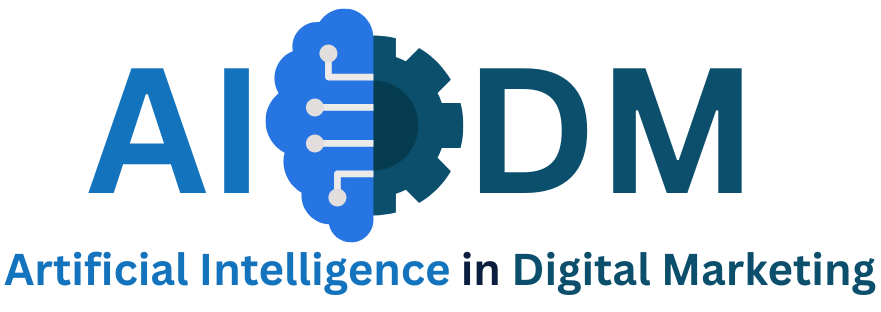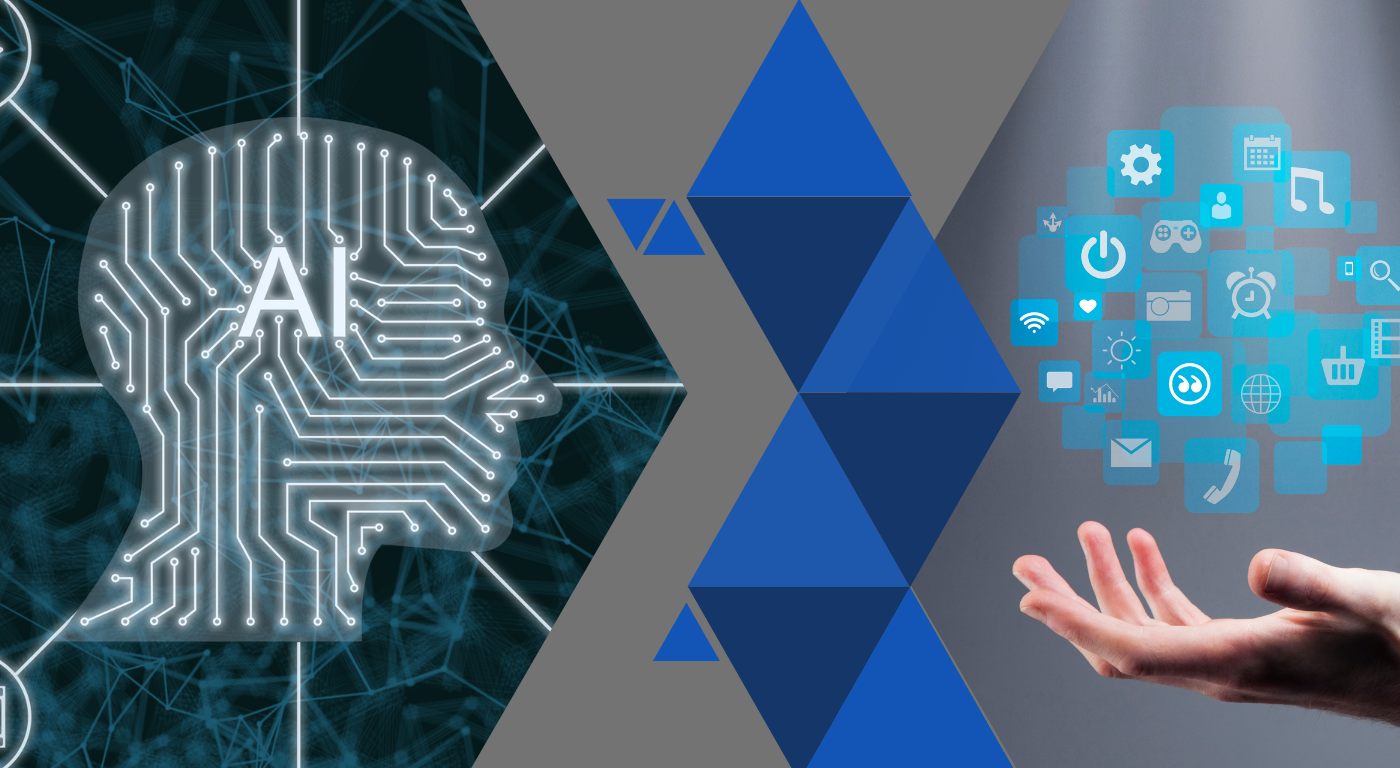Digital marketing is undergoing a revolutionary transformation, thanks to Artificial Intelligence (AI). From workflow automation to predicting consumer behavior, AI is not just an upgrade in digital marketing —it’s a complete game-changer. As businesses strive to stay competitive, incorporating of AI into digital marketing strategies has become essential.
In this blog post, I will take through how AI is reshaping digital marketing with:
- Detailed insights into AI-powered marketing tools
- Expert opinions on AI’s impact
- Real-world applications from leading brands
- Compelling statistics that prove AI’s dominance
1. AI in Digital Marketing: A snippet.
AI refers to machines or systems that can perform tasks that typically require human intelligence. In digital marketing, AI assist brands gathering data, analyze consumer behavior, personalize content, and optimize campaigns in real-time.
Quick Stats:
- 80% of marketers using AI in 2024 report a positive impact on productivity. (Source: Salesforce)
- AI is expected to drive $1.2 trillion in business value by 2030 in marketing and sales alone. (McKinsey & Company)
- Over 61% of marketers use AI tools for personalized content delivery. (HubSpot, 2024)
2. Personalization at Scale
Today’s consumers expect customized experiences. AI enables hyper-personalization by analyzing user data such as search behavior, past purchases, and demographics.
Real-World Example:
Netflix uses AI algorithms to personalize movie recommendations, resulting in 80% of watch time driven by recommendations. Similarly, Amazon’s product suggestions contribute to 35% of its revenue.
Expert Insight:
“Personalization is no longer a ‘nice to have’; it’s a necessity. AI makes it scalable and efficient.” — Neil Patel, Digital Marketer
3. Predictive Analytics & Customer Behavior
AI empowers marketers to predict future trends and customer behavior through machine learning model
Use Cases:
- Churn Prediction: Identify users likely to unsubscribe or disengage.
- Lead Scoring: AI tools like HubSpot and Salesforce Einstein rank leads based on conversion probability.
- Customer Lifetime Value (CLV): Predict long-term revenue from customers.
4. Content Creation & Optimization
AI tools such as ChatGPT, Jasper, and Copy.ai assist in content creation, keyword research, SEO optimization, and performance analytics.
Statistics:
- 60% of marketers use AI for copy-writing and blog generation.
- AI-generated content reduces production time by 30-50%, improving content output without increasing manpower.
“AI doesn’t replace content creators; it empowers them to focus on strategy, storytelling, and creativity.” — Ann Handley, Chief Content Officer at MarketingProfs
5. AI-Powered Chatbots & Customer Service
Chatbots are becoming more conversational and human-like with Natural Language Processing (NLP).
Benefits:
- 24/7 customer support
- Reduced customer service costs by up to 30%
- Instant query resolution with 80% accuracy in initial contact
Leading Tools:
- Intercom
- Drift
- Tidio
- Freshchat
Voice Search & Visual Recognition
With the rise of voice assistants like Alexa, Siri, and Google Assistant, voice search optimization is vital.
Key Insight:
- By 2025, 50% of all searches will be voice-based.
- AI-powered image recognition also enables visual search (Pinterest Lens, Google Lens), opening new SEO avenues.
7. Programmatic Advertising & Smart Bidding
AI is transforming the paid media with real-time bidding, budget optimization, and audience targeting.
Programmatic Advertising Stats:
- Expected to reach $725 billion by 2026 (Statista)
- Delivers 30-40% better ROI due to precise targeting
AI Tools:
- Google Ads Smart Bidding
- Adobe Advertising Cloud
- The Trade Desk
8. Email Marketing Automation
AI enhances email marketing with:
- Predictive send times
- Subject line optimization
- A/B testing automation
- Dynamic segmentation
Data-Backed Impact:
AI-powered campaigns see 41% higher CTR and 29% higher open rates compared to manual campaigns (Campaign Monitor)
9. Ethical Considerations and Challenges
While AI offers tremendous benefits, it also raises ethical concerns:
- Data privacy and user consent
- AI bias in targeting
- Over-dependence on automation
Regulation Watch:
Marketers must adhere to evolving policies like GDPR, CCPA, and AI-specific regulations being developed in the EU and US.
10. What the Future Holds
Emerging trends to watch:
- Generative AI for Ads: Tools like Sora (OpenAI) for video-based ads.
- Emotion AI: Interpreting user sentiment for improved ad engagement.
- AI + AR/VR: Enhanced immersive marketing experiences.
- Zero-Click Search Optimization: Preparing for a future where AI gives answers directly in the SERP.
Conclusion
AI isn’t just an add-on—it’s a strategic pillar of modern digital marketing. Brands that embrace AI today will not only optimize their current efforts but also future-proof their strategies in a rapidly evolving digital landscape.
The integration of AI into digital marketing is no longer optional—it’s the new standard. As marketers, adapting to this intelligent shift will be key to sustaining relevance, growth, and customer satisfaction.

